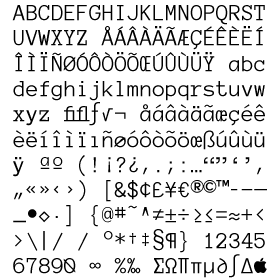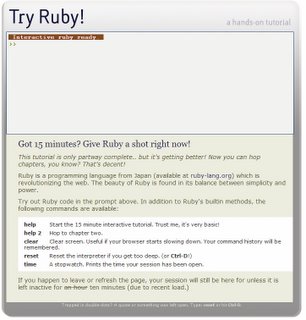As Jeff Reports, Navigator Systems, the company we work for, was acquired by Hitachi Consulting last week. You can read the press release here. Hitachi Consulting (HC) is a med-sized consulting company with a world-wide presence. It's going to be some big changes for little Navigator, but I think most of the Navigator folks are very excited about the future.
For us application development folk, I think being part of HC will give us the opportunity to be involved in even larger projects and stretch ourselves as developers. I'm anxious to see what kinds of application development projects HC has been doing, talk to some of their application development folk, and figure out how we can all integrate. Should be fun.


